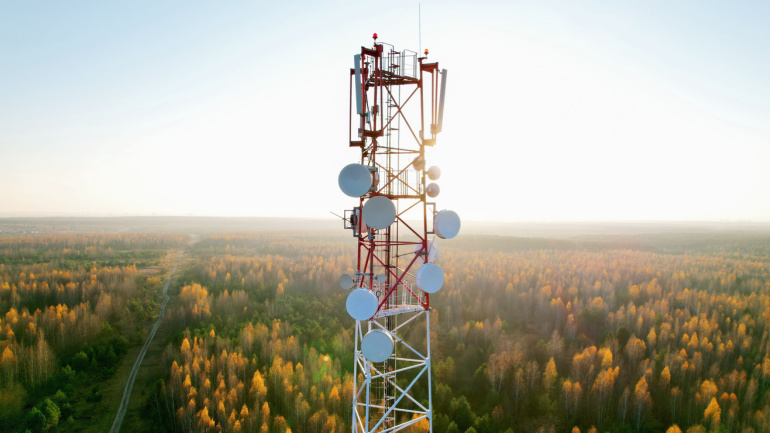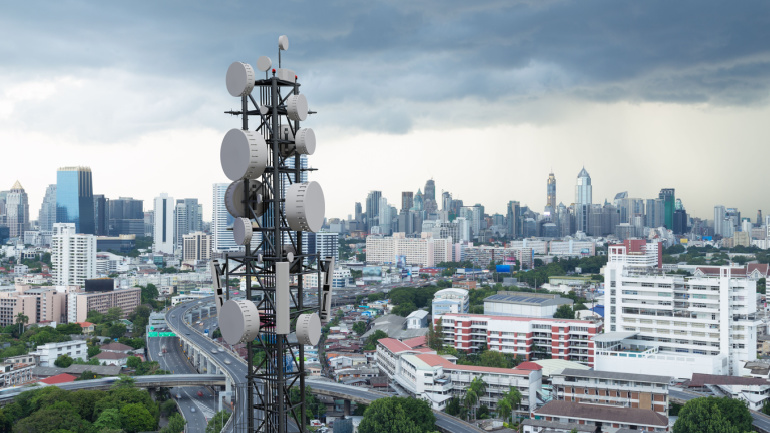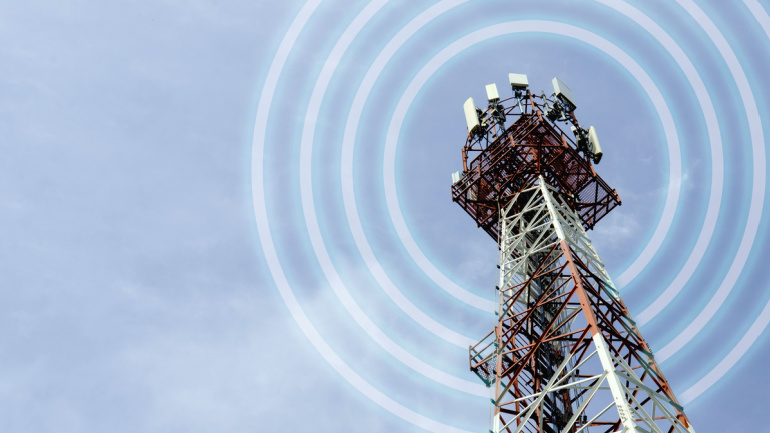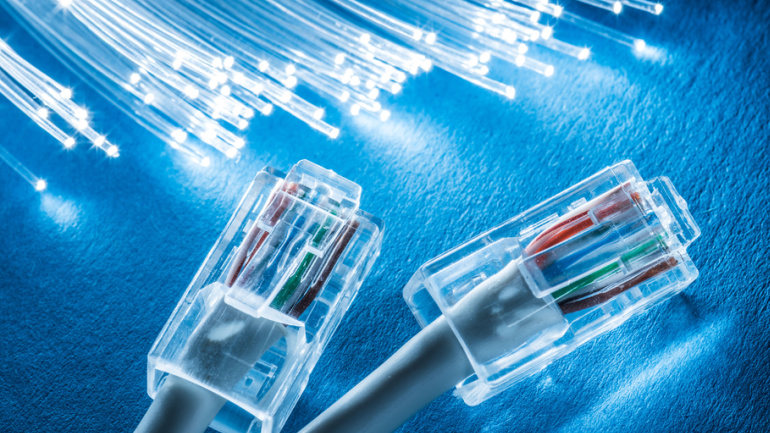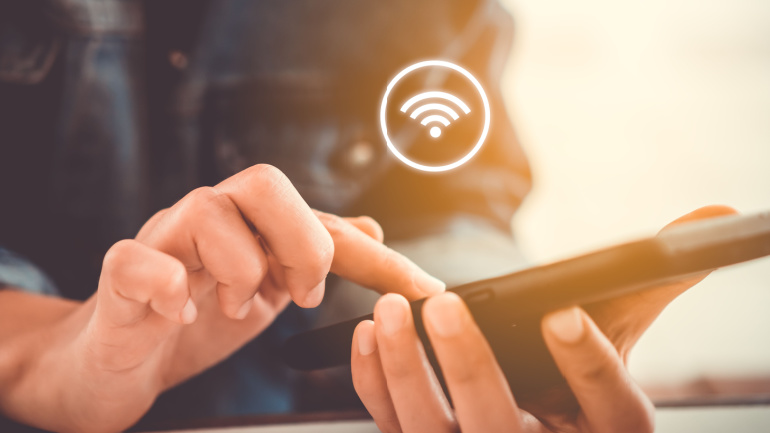Phoenix Tower International has bolstered its French network with two acquisitions totaling 1,978 sites, strategically placed in populous regions. With the latest addition of SFR-hosted and Bouygues Telecom sites, PTI’s French portfolio now stands at 3,600 sites which is expected to surpass 5,000 within two years. CEO, Dagan Kasavanas highlighted how these acquisitions will enhance wireless connectivity across France, positioning the country as a key player within PTI’s 21-country operation range.
EdgeCore Digital Infrastructure has partnered with Zayo to enhance connectivity at its Santa Clara data center. Meanwhile, a US-led operation dismantled the Qakbot malware network, preventing further infections and seizing $8.6 million in cryptocurrency. Global roaming fraud is projected to cost $8 billion by 2028. KDDI and SpaceX plan to launch satellite-to-cellular services in Japan by 2024, bridging connectivity gaps in remote areas beyond 5G and 4G coverage.
In a recent announcement, Verizon is set to launch its latest cellphone plan, the Unlimited Ultimate, priced at $90 per month. This development follows the earlier introduction of Verizon’s myPlan lineup. The Unlimited Ultimate plan boasts an array of enhanced features, making it a compelling choice for consumers.
Joining forces to propel Denmark into the 5G age, telecommunications giants Ericsson and TDC NET confront the intricacy of transitioning to Standalone 5G. The venture promises enhanced connectivity, yet its real impact remains under scrutiny. Their collaborative effort hinges not just on operational advancement but also in setting a future-ready network infrastructure with increased energy efficiency and advanced services. However, as TDC NET prepares to navigate this expansive opportunity landscape, it’s essential to question the overall strategic footing of the industry—a fascinating watch for tech aficionados. Stay informed with the Telecoms.com newsletter.
As Hurricane Idalia sets its sights on Florida for this week’s impending landfall, Verizon is taking proactive measures to ensure the readiness of its personnel and resources, poised for rapid deployment to aid in the swift recovery of critical communication infrastructure. With the anticipation of substantial damage caused by the storm’s fierce winds and flooding, Verizon’s network team is preparing for worst-case scenarios.
In a world driven by connectivity and instant communication, businesses need reliable and efficient phone service to thrive. OFFICErING team understands that. With a mission to provide the most reliable phone service at the best prices, OFFICErING has revolutionized the way businesses connect and collaborate. By combining cutting-edge technology, a carrier-class IP network, and an unwavering commitment to customer satisfaction, OFFICErING offers a seamless and feature-rich phone system that guarantees uninterrupted communication.
The US government has recently provided clarity regarding foreign equipment purchases under the Broadband Equity, Access and Deployment (BEAD) programme. The emphasis is on minimizing exceptions to ‘buy American’ rules, particularly reflected in the fibre-optic sector. Notwithstanding, one significant provision allows sourcing glass used in fibre optics from overseas. This comes as a relief for firms worried about supply sufficiency and costs. The spotlight of foreign vendors, meanwhile, is potentially electronics, with proposed exemptions including most semiconductors.
AT&T has delicately entered the 5G fixed-wireless access (FWA) industry with its Internet Air product, targeting a specific demographic and remaining wary of impacting its mobile and fibre operations. Discussing the challenges and benefits of this strategic approach, we examine its potential against market leaders T-Mobile and Verizon. Are they being too cautious? Are they possibly missing out on the emerging FWA boom in the U.S?.
Nokia’s revamped home wifi software suite, now known as Corteca, promises to revolutionize in-home connectivity management and user experience. This holistic solution boasts advanced features like Corteca Cloud for network management and Corteca Device Software for device administration. More intriguing is the upcoming Corteca Marketplace, offering ‘try-before-you-buy’ applications, potentially opening new revenue horizons. Despite the anticipation, the question remains – will this alleviate users’ connectivity woes and truly enhance their in-home broadband experience? Stay tuned as the story unfolds.
Ooma, a prominent player in the realm of smart communications solutions, and Prologis Inc., a leading global logistics real estate firm, have joined forces to bring enhanced telecommunications services to Prologis’ Essentials platform users. This encompassing offering includes the Ooma Office business phone service, tailored to meet the communication and collaboration needs of small and medium-sized enterprises, and the innovative Ooma AirDial® POTS replacement solution.



